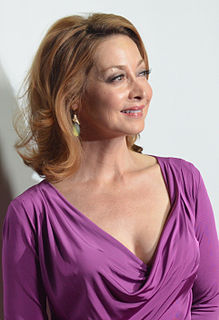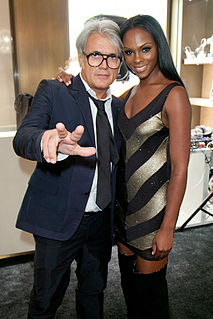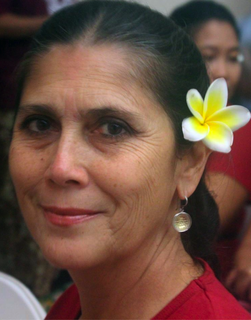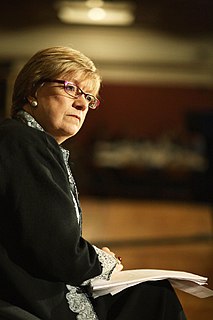A Quote by Sharon Lawrence
Florence Nightingale was an amazing figure. She created the American Red Cross. She saw the suffering from bad health conditions on the battlefield and in the military hospitals, and she fought like crazy to change the conditions; to make sure that the doctors washed their hands and practiced sanitary measures. She put herself at great risks.
Quote Topics
Amazing
Health
American
American Red Cross
Bad
Bad Health
Battlefield
Change
Conditions
Crazy
Created
Cross
Doctors
Figure
Florence
Florence Nightingale
Fought
Great
Great Risk
Hands
Herself
Hospitals
Like
Make
Measures
Military
Practiced
Put
Red
Red Cross
Risks
Sanitary
Saw
She
Suffering
Sure
Washed
Related Quotes
She emptied herself of Fabio and of herself, of all the useless efforts she had made to get where she was and find nothing there. With detached curiosity she observed the rebirth of her weaknesses, her obsessions. This time she would let them decide, since she hadn't been able to do anything anyway. Against certain parts of yourself you remain powerless, she said to herself, as she regressed pleasurably to the time when she was a girl.
I say, 'Yeah, Taylor Swift.' I think she is a smart, beautiful girl. I think she's making all the right moves. She's got a good head on her shoulders. She's surrounded with wonderful people. Her songs are great. She keeps herself anchored. She knows who she is, and she's living and standing by that.
He began to trace a pattern on the table with the nail of his thumb. "She kept saying she wanted to keep things exactly the way they were, and that she wished she could stop everything from changing. She got really nervous, like, talking about the future. She once told me that she could see herself now, and she could also see the kind of life she wanted to have - kids, husband, suburbs, you know - but she couldn't figure out how to get from point A to point B.
She looked at his young face, so full of concern and tenderness; and she remembered why she had run away from everyone else and sought solitude here. She yearned to kiss him, and she saw the answering longing in his eyes. Every fiber of her body told her to throw herself into his arms, but she knew what she had to do. She wanted to say, I love you like a thunderstorm, like a lion, like a helpless rage; but instead she said: "I think I'm going to marry Alfred.
She was the first person on either side of her family to go to college, and she held herself to insanely high standards. She worried a lot about whether she was good enough. It was surprising to see how relieved she seemed whenever I told her how amazing she was. I wanted her to feel strong and free. She was beautiful when she was free.




































